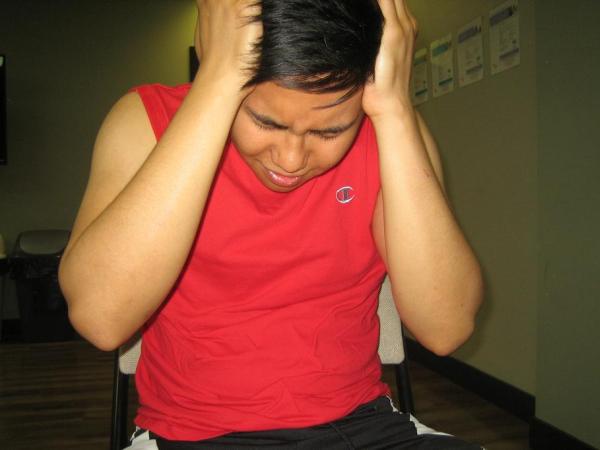There are cases in which an individual ends up with a headache after eating carbohydrate-packed foods. It is important to note that almost all foods contain some amount of carbohydrates. Once an individual suspects that carbohydrates are responsible for the headaches, it might be an indication that the blood sugar level is high. If the individual has food allergies or celiac disease, foods that contain carbohydrates are the potential triggers.
Even though headaches are oftentimes linked to dehydration, there are cases in which an underlying condition is responsible, not the diet. A doctor should be consulted so that proper assessment can be carried to determine the root of the problem.
Elevated blood sugar
The cells run on glucose which is the smallest type of carbohydrate. For individuals who are healthy and normal, the body should stabilize the blood sugar on its own. Nevertheless, if diabetic or pre-diabetic or there are other health issues, the blood sugar can rise too high after eating a meal that contains carbohydrates. Once this occurs, the nerves in the brain and eyes are damaged, thus resulting to painful headaches. Once the blood sugar is high, the individual will feel shaky, disoriented, has blurred vision and urinates a lot.

Food allergies
Aside from headaches after eating carbohydrate-rich foods, watch out for difficulty breathing, rashes, wheezing or difficulty swallowing. Take note that these are indications of an allergic reaction and it is vital to seek immediate medical treatment.
Since it is hard to narrow down a food allergy and the possibility to be allergic to anything, it is vital to keep a record of foods eaten and any related headaches. A good example is artificial sweeteners that contain trace amounts of carbohydrates which triggers headaches in some individuals.
Milk, onions, nuts, bananas and peanut butter are other carbohydrate-rich foods that can trigger allergic reactions. Over time, there is a pattern with the foods that triggers headaches.
Celiac disease
If the individual suffers from regular headaches after eating, it might be a side effect of celiac disease. Even though gluten is a protein, it is present in carbohydrate-rich foods such as pasta, bread and baked products.
If an individual has celiac disease, the body does not perceive gluten as a safe substance and the immune system is in an attack mode. This causes the body to destroy the healthy cells in the intestinal tract. If left undiagnosed, the disease can trigger lasting problems with malnutrition since the essential nutrients could not be absorbed via the damaged intestinal walls. Oftentimes, headaches and other symptoms such as diarrhea and stomach pain are linked to the condition and can go away if the individual stops eating foods that contain gluten.
Low intake of fluids
In some cases, the headache might be an indication of dehydration and has no connection to the actual intake of carbohydrate. Always bear in mind that dehydration can also make the individual lightheaded, fatigued and thirsty.

